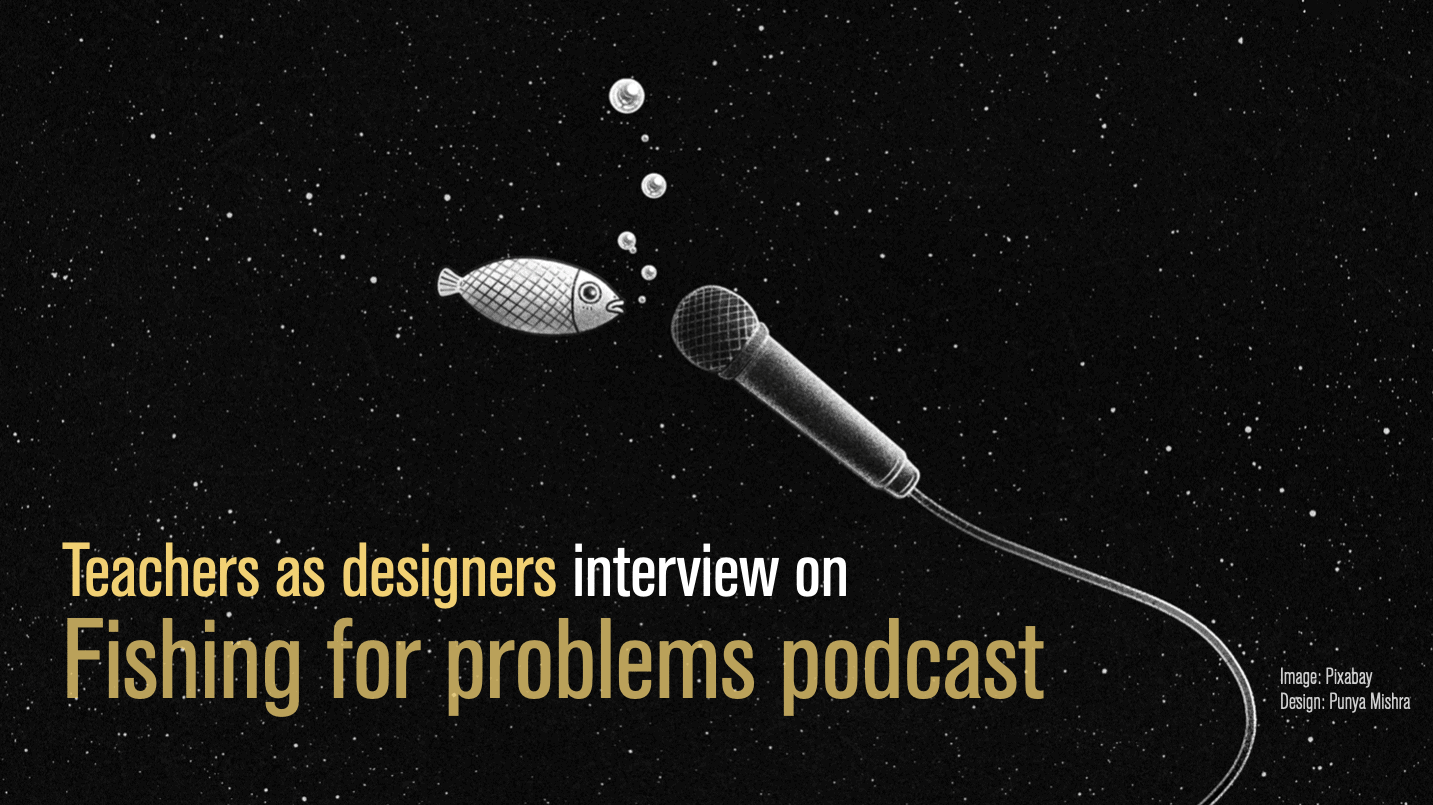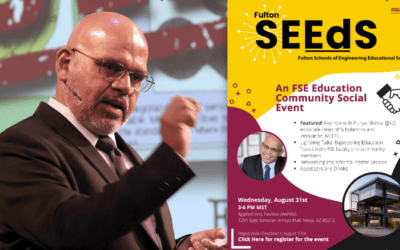I recently received an email from Debra Bourne, IT Coordinator at St. Paul’s International College in Australia informing me about some work related to TPACK being done in Queensland. Specifically she mentioned a paper to be presented at the upcoming Australian Computers in Education Conference. Here is a link to the article and a copy of the abstract (I think the last sentence of the abstract captures a very important idea). However, don’t read the abstract read the full paper 🙂
Jamieson-Proctor, R., Finger, G. & Albion, P. (2010). Auditing the TPACK Capabilities of Final Year Teacher Education Students: Are they ready for the 21st Century? Australian Computers in Education Conference 2010 (ACEC 2010: Digital Diversity):. Melbourne, Australian Council for Computers in Education. Available URL: http://acec2010.info/sites/acec2010.info/files/proposal/%5Buid%5D/acec2010final.pdf (accessed 22 Feb 2010)
Abstract: The expectations for teacher education graduates having appropriate information and communication technology (ICT) capabilities to meet the challenges of learning and teaching in the 21st century are widely accepted. However, it should not be assumed that tomorrow’s teachers will enter their profession with those ICT capabilities. The conceptual framework of Technological Pedagogical Content Knowledge (TPACK) (Mishra & Koehler, 2006, AACTE Committee on Innovation and Technology, 2008) was used to guide the study undertaken in 2009 of final year students in two Universities in Queensland, Australia. The findings are compared with those reported in an earlier study (Watson et al., 2004) which found that there was a limited band of applications with which the participants expressed high levels of competence. Importantly, high percentages of participants perceived themselves to have no competence with applications such as multimedia development, visual thinking software and digital video editing which could be particularly stimulating for learning outcomes in their future students. Furthermore, participants’ self-perception of their confidence to integrate ICT into student learning also revealed that the percentage of participants who rated themselves as having no or limited confidence with particular integration examples was of concern. This paper provides a summary of some of the findings of the TPACK capabilities of the student teachers studied in 2009, which reveal important insights to inform the review and design of teacher education programs to more directly address TPACK capabilities. The study suggests that teacher education programs tend to have been designed using Pedagogical Content Knowledge (PCK) (Shulman, 1986, 1987) where students undertake studies in a range of curriculum (content, disciplinary) courses, pedagogy courses, and professional studies (practicum, Internship) courses, and this is now insufficient as TPACK capabilities are needed.





Dear Debra, I hope you didn’t mind my using your name. I did think about that for a bit prior to posting the note – but figured that I wasn’t writing anything terrible, so you wouldn’t mind 🙂
Hope that was ok.
Thanks also for the other link(s).
And finally, regarding the TPACK discussion forum, there is a googlegroup for TPACK but it really hasn’t seen much action. You can find it at http://groups.google.com/group/tpack and can sign up. There are 23 members but like I said it hasn’t been all that active.
Wow – a little daunting to see my name in print. This paper has not yet been presented. It will be presented in April 2010. Professor Jamieson-Proctor is from Queensland and she has a long history of technology integration research in Australia.
Another recent ‘down-under’ publication utilising the TPACK framework is from Katheryn Holmes from Newcastle Uni who has done some work with IWBs and pre-service training. The reference is Holmes, K. (2009). Planning to teach with digital tools: introducing the interactive whiteboard to pre-service secondary mathematics teachers. Australasian Journal of Educational Technology, 25(3), 351-365. Available URLs: http://www.ascilite.org.au/ajet/ajet25/holmes.html & http://www.ascilite.org.au/ajet/ajet25/holmes.pdf
I don’t know if this is the right place to ask, but is there such a thing as a TPACK discussion forum where researchers or research students might be able to discuss TPACKish questions relating to their area of study?
Thanks for sharing the link to this paper… We’ve been thinking about doing such a research project in Luxembourg… We have indeed been doing surveys on our students ICT literacy but so far have never explicitly used the TPACK model…